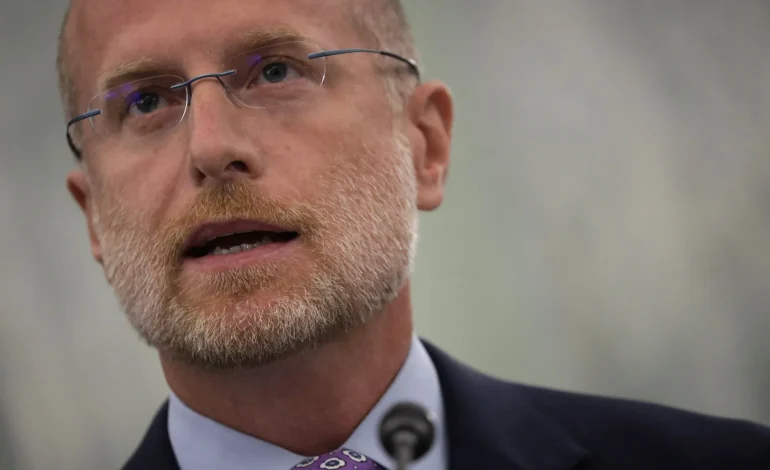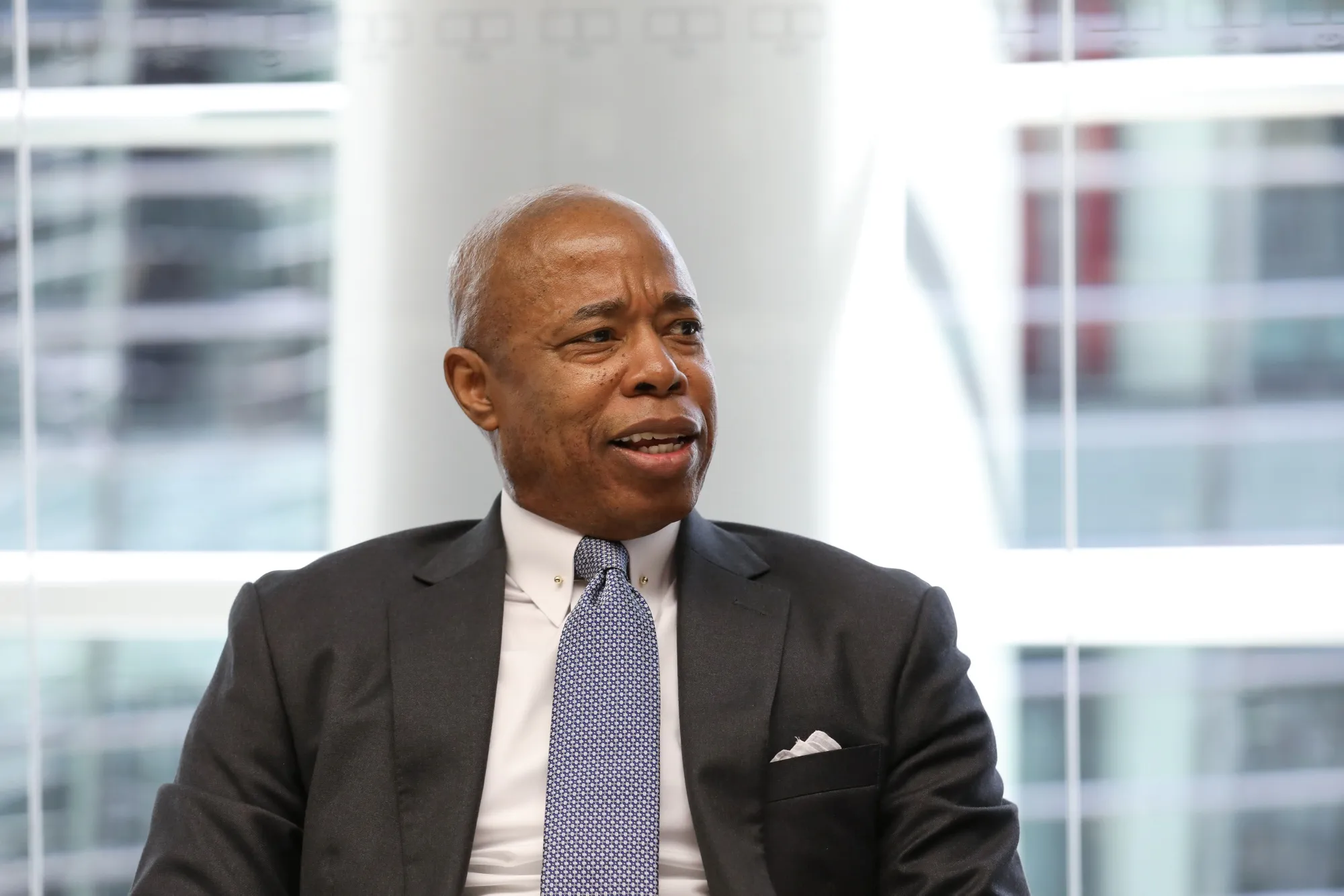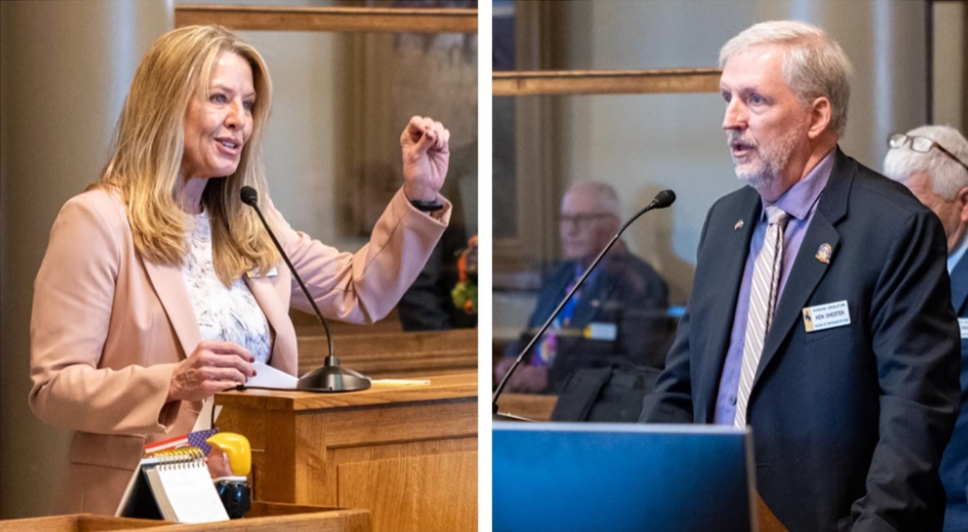Trump Appoints Brendan Carr as FCC Chair, Signaling Shift in Regulatory Policy

President-elect Donald Trump has announced the appointment of Brendan Carr as chairman of the Federal Communications Commission (FCC), signaling a potential shift in the agency’s regulatory approach, Bloomberg reports.
Carr, currently the senior Republican on the FCC, has a long history with the agency, serving since 2012 in various roles including advisor to former Chairman Ajit Pai and as general counsel. Trump previously nominated Carr as a commissioner in 2017.
In a statement, Trump lauded Carr as a “warrior for Free Speech,” emphasizing his opposition to what he termed “regulatory Lawfare” that stifles American freedoms and economic growth. The FCC, an independent agency, regulates interstate and international communications, overseeing the implementation and enforcement of US communications laws and regulations.
Carr’s priorities, outlined in a statement following Trump’s election victory and further detailed in a chapter for the Heritage Foundation’s Project 2025, focus on several key areas. He advocates for reining in Big Tech, ensuring broadcasters operate in the public interest, and fostering economic growth. Specifically, he suggests limiting Section 230 of the Communications Act to address what conservatives view as Big Tech content moderation abuses.
His public alignment with Elon Musk, including attending a SpaceX rocket launch, highlights his interest in utilizing satellite technology for broadband expansion. Carr has proposed subsidizing Starlink internet service as a method of bridging the digital divide, suggesting a direct subsidy to consumers to cover the cost of a Starlink dish.
Carr has also been a vocal proponent of banning TikTok, the Chinese-owned video-sharing platform, a position that contrasts with Trump’s more recent statements on the issue. However, his tenure also includes efforts to streamline 5G infrastructure development, promote workforce development in the telecom sector, and lead a telehealth initiative for low-income individuals and veterans.
Carr’s legal background includes graduation from Georgetown University and Catholic University’s Columbus School of Law, followed by a clerkship and several years at the prominent telecom law firm Wiley Rein LLP.








